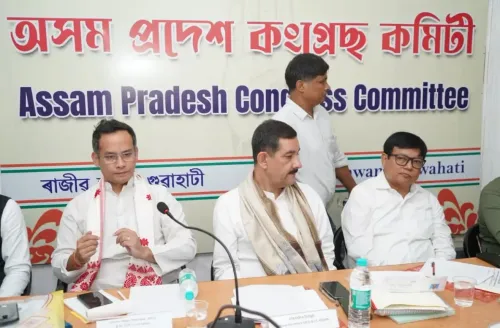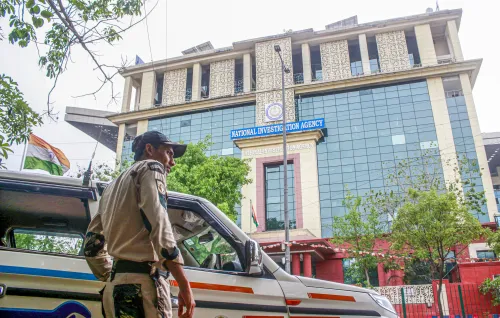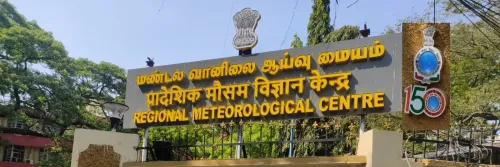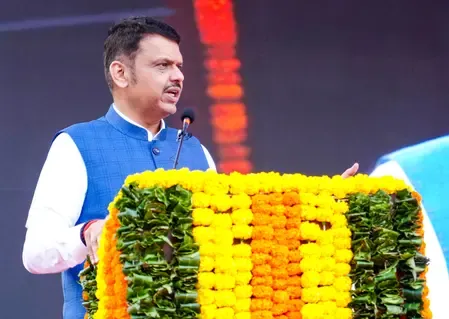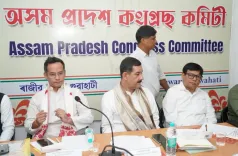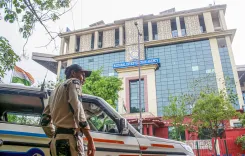What is the voter turnout in Punjab’s Tarn Taran bypoll?
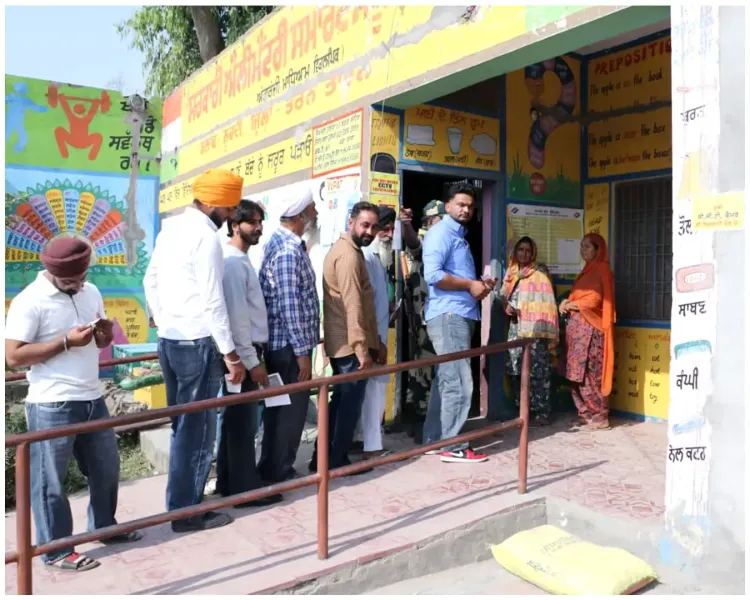
Synopsis
Key Takeaways
- 59% voter turnout by 5 p.m.
- 15 candidates competing for the seat
- Key parties include AAP, SAD, BJP
- Counting of votes on November 14
- Demographics include young voters and voters with disabilities
Chandigarh, Nov 11 (NationPress) In a significant contest for Punjab's Tarn Taran Assembly seat, the ruling Aam Aadmi Party (AAP) is striving to maintain its hold amidst a competitive environment. By 5 p.m. on Tuesday, the voter participation reached 59 per cent, as reported by officials. Twenty-three percent of this turnout was noted during the initial four hours of polling.
There are 15 candidates competing, with five regarded as key contenders, indicating a complex multi-party battle for this Panthic seat, heavily influenced by Sikh religio-politics.
Chief Electoral Officer Sibin C revealed that the constituency is home to 192,838 voters, comprising 100,933 men, 91,897 women, and eight third-gender voters.
"No delays in the polling process have been reported," an electoral officer confirmed to IANS.
Vote counting is scheduled for November 14.
This bypoll was called following the passing of AAP MLA Kashmir Singh Sohal, who had previously secured the seat with 52,935 votes, defeating SAD's Harmeet Singh Sandhu.
Among the 15 candidates are Sukhwinder Kaur from SAD, Harjit Singh Sandhu of the BJP, Harmeet Singh Sandhu representing AAP, and Karanbir Singh from the Congress.
The Chief Electoral Officer also mentioned 1,357 service voters, 1,657 voters aged over 85, 306 NRI voters, and 1,488 voters with disabilities. Additionally, there are 3,333 young voters between the ages of 18 and 19.
A total of 222 polling stations were established across 114 locations, including 60 urban and 162 rural stations.
Recently, the Election Commission of India (ECI) suspended Tarn Taran Senior Superintendent of Police (SSP) Ravjot Kaur Grewal for alleged interference in the bye-election. This action follows a complaint from SAD President Sukhbir Singh Badal regarding the misuse of authority to support the ruling party.

